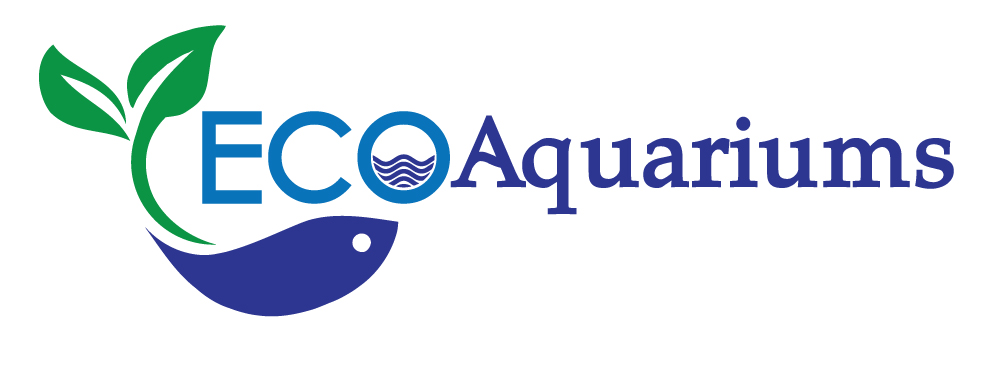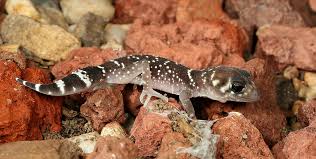GECKO THICK TAILED (Underwoodisaurus milii) – Pair
$560.00
Full Description
Here’s a comprehensive Thick-tailed Gecko (Underwoodisaurus milii) care guide to help you provide the best environment for your gecko:
Thick-tailed Gecko Care Guide
Species Name: Underwoodisaurus milii
Common Names: Thick-tailed Gecko, Australian Barking Gecko
Enclosure
| Requirement | Details |
|---|---|
| Tank size | 20-gallon long (minimum for 1 adult); larger for pairs |
| Substrate | Sand/soil mix (e.g., 70% fine sand + 30% organic soil) OR paper towel for juveniles |
| Hides | At least 2 per gecko (warm hide and cool hide) + moist hide for shedding |
| Décor | Rocks, logs, cork bark for climbing and cover |
️ Temperature & Humidity
| Zone | Day Temp | Night Temp |
|---|---|---|
| Warm side | 88–92°F (31–33°C) | 70–75°F (21–24°C) |
| Cool side | 72–78°F (22–26°C) | same |
-
Heat Source: Under-tank heater (UTH) on thermostat or ceramic heat emitter
-
Humidity: 40–60% with a moist hide (damp moss or vermiculite)
-
Lighting: Not required, but a day/night cycle (12 hrs) is beneficial
-
UVB: Optional but may improve health
️ Diet & Feeding
| Food Type | Notes |
|---|---|
| Crickets, Dubia roaches | Primary food sources |
| Mealworms, Silkworms | Treats or occasional variety |
| Waxworms | Fatty – offer sparingly |
-
Feeding Schedule:
-
Juveniles: Daily
-
Adults: 3–4 times per week
-
-
Supplementation:
-
Calcium with D3 (2x/week)
-
Multivitamin (1x/week)
-
General Care
-
Cleaning: Spot clean daily; deep clean every 2–4 weeks
-
Handling: Calm and handleable, but limit stress
-
Temperament: Docile, known for making barking sounds when threatened
-
Lifespan: 8–15 years in captivity
Brumation (Optional for Adults)
-
Can be cooled for 6–8 weeks in winter (60–65°F) to mimic natural cycle
-
Do not attempt brumation with sick, underweight, or juvenile geckos
❗ Health Tips
-
Monitor for retained shed (especially on toes and tail)
-
Signs of illness: lethargy, weight loss, dull coloration, lack of appetite
-
Quarantine new animals for at least 30 days

